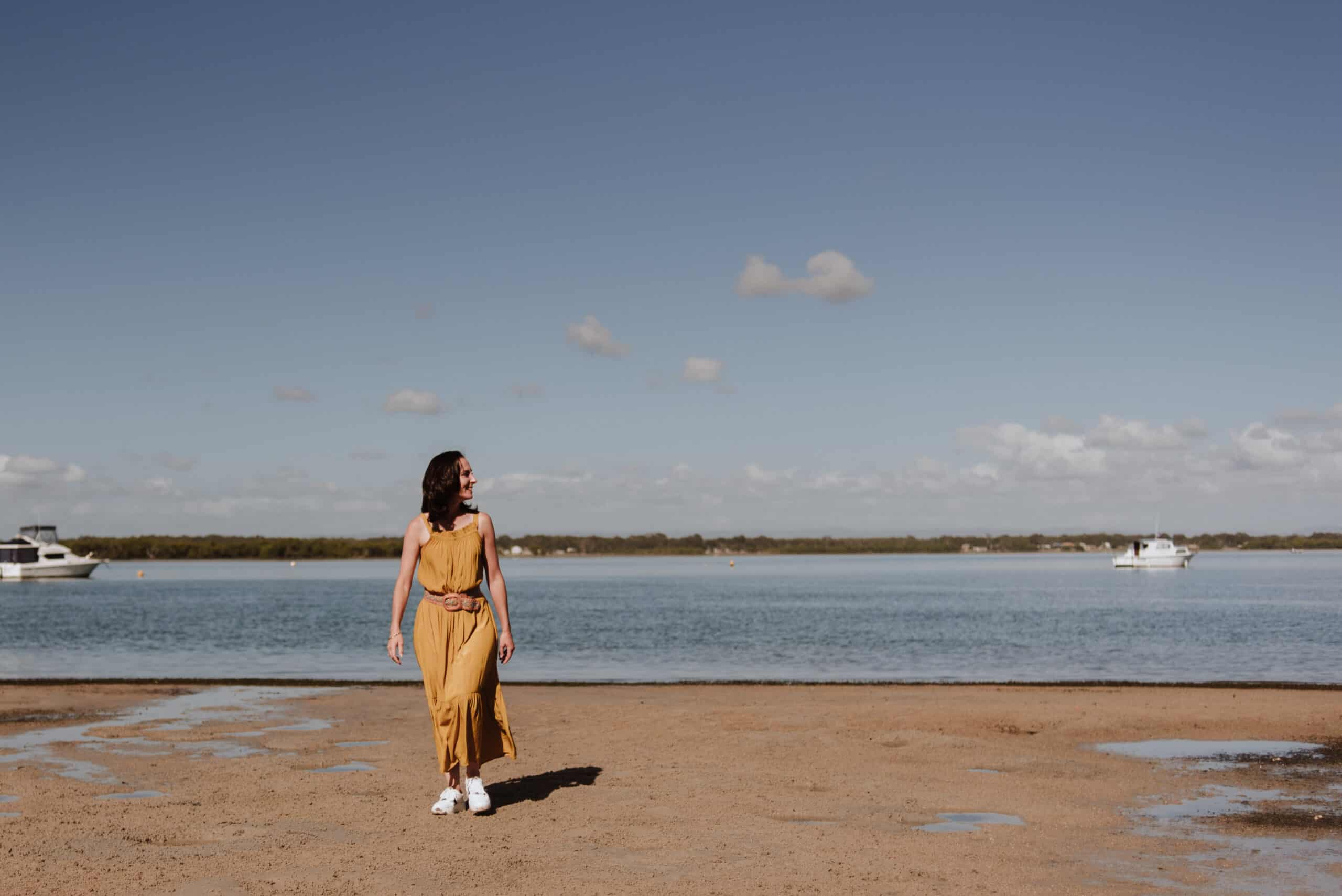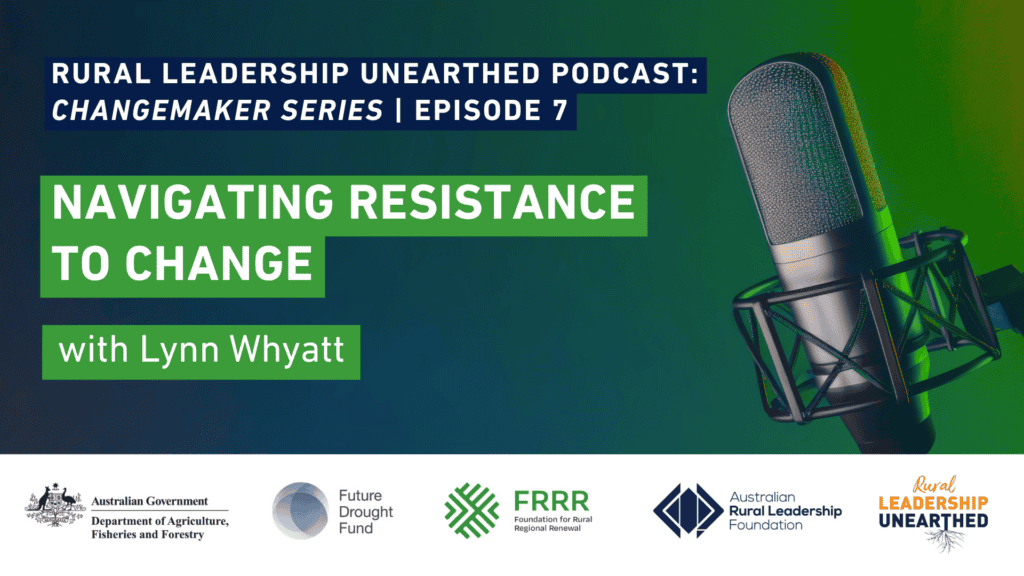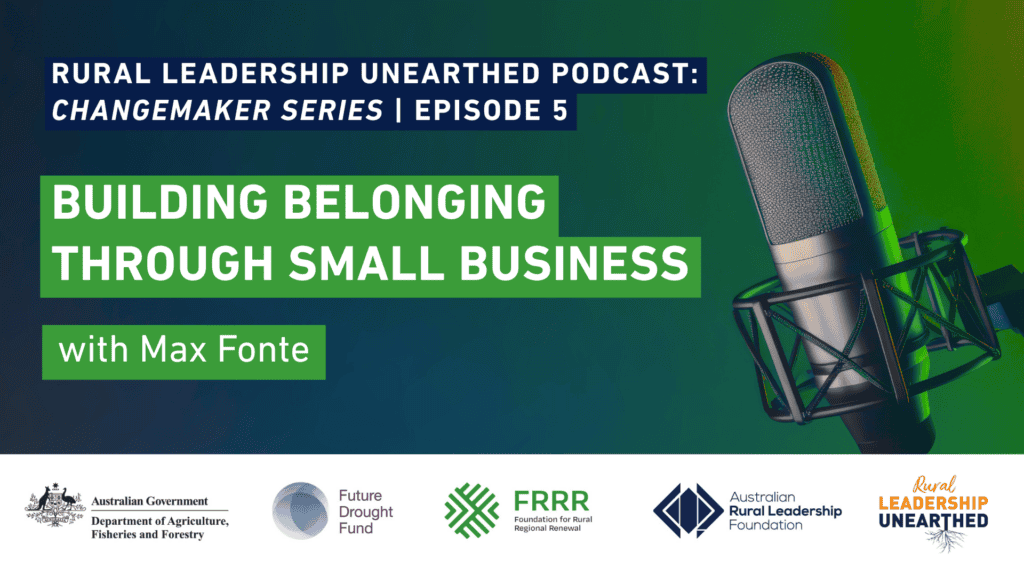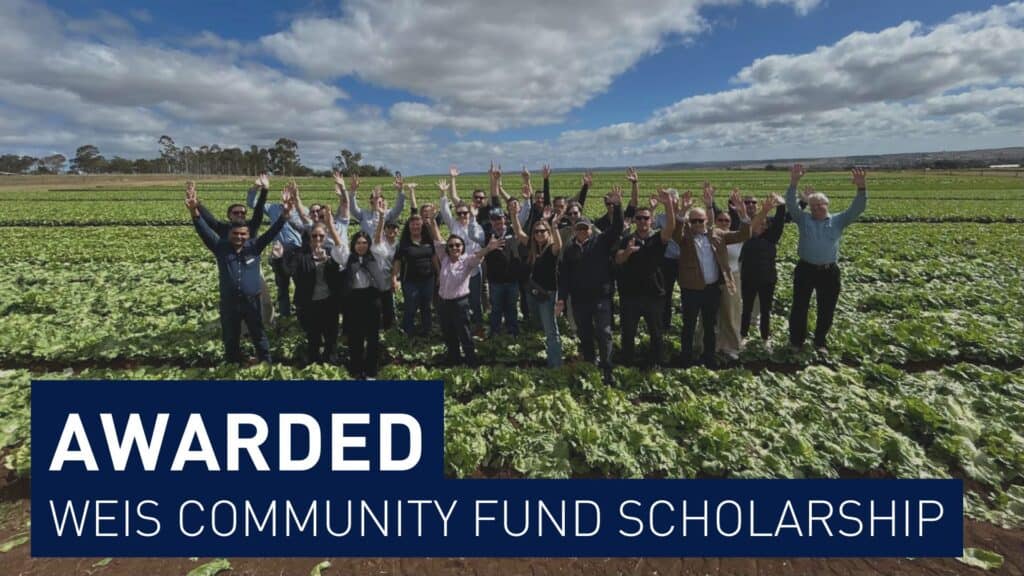Fiona Gaske’s first experience of immersion was in the arts. With the support of her loving parents, Fiona’s childhood was filled with drama and dance classes. Her true love as a child was singing. And she was good at it — so good that she was accepted into the Queensland Conservatorium of Music to study a Bachelor of Music. The program is highly competitive but Fiona doesn’t do things by halves.
After completing her Bachelor of Music degree, Fiona worked as a singer around Brisbane. Multiple gigs per night and working hard to make ends meet took its toll on her health and in 1999, she was diagnosed with Lupus. She remembers the day her doctor said to her “you can forget about being a singer — it’s not going to happen”. Crushed (and after a period of grieving), Fiona switched focus.
After retraining as a Speech Pathologist, Fiona’s intermezzo took her from a coveted graduate position at the Royal Brisbane and Women’s Hospital to being part of a Rural Allied Health team on the outskirts of Toowoomba. At the Royal Brisbane, she became immersed in complex cases: Fiona completed multiple assessments each day for patients who were often dealing with multiple issues. Stroke, dementia and brain injuries were part of each day and she was also exposed to the head and neck oncology caseload.
Fiona’s time on the Allied Health Team took her to regional and remote areas. They travelled to frail, elderly and disabled people’s homes to provide desperately needed services that just weren’t accessible. It was an eye-opening experience for Fiona — the vulnerability of her patients and some of the squalid conditions they endured were a far cry from the modern facilities at the hospital. This role, more than any other, showed Fiona the diversity of resources, healthcare, social support and living standard experienced by rural and regional Australians.
A move to St George QLD in 2008 saw Fiona run for council. After eight years, she became the Deputy Mayor, while raising two children and running her own dance school. Fiona experienced the Australian Rural Leadership Program as an Unrestricted Scholarship recipient. The diversity of her working life didn’t fit into the application constraints and, had it not been for the Unrestricted Scholarship framework, she would have missed out.
When Fiona ran her campaign for the Pumistone seat in the Queensland election in 2020, her experience on The Australian Rural Leadership Program allowed her to run a campaign with confidence and integrity. She has a long-held belief that “we can have decision makers that are connected to the grassroots and working hard for the community, not just themselves”.
The experiential nature of the program was a challenge for Fiona — she always liked to have her ducks in a row. But surrendering to the program meant letting go of her own expectations of both the program and herself. And after the fact, she’s found that she’s truly able to let go of that which she can’t control, and the focus to double-down on the things that she can.
For Fiona, this looks like continuing her advocacy work in regional Australia. Whether its wild dog exclusion fencing, water buybacks in the Murray Darling Basin or labour shortages on berry farms — she believes that if the right stakeholders get together at the right time, the government can make decisions to improve the lives of real people in the bush, as well as the economic health of the regions. Her experience in The Australian Rural Leadership Program has given her the confidence, the network, and the training to make even more change in Australia’s rural communities.
Fiona is an alumn of the Course 25 of the Australian Rural Leadership Program. She received an unrestricted scholarship from the Cotton Research and Development Corporation.






